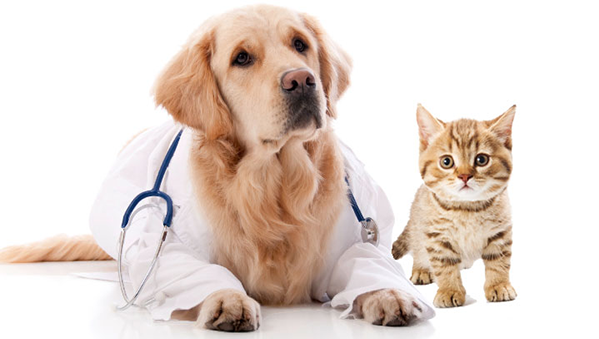Hot Weather
This summer is looking to be very hot, we have soared into higher than average temperatures in October for days on end and the heat wave has been unrelenting. This type of weather can be very hard for your pets to deal with, particularly if they are very young, very old, or have medical conditions such as heart, respiratory, liver or kidney problems.
Very hot temperatures can lead to heat stroke in dogs and cats, where the heat load on the animal exceeds the heat that is lost or dissipated. Because of their inferior capacity to exchange heat, we sweat they don not, this problem is more common in dogs and cats than humans. As the heat increases, the conditions lead to the opening up of blood vessels and can result in poor organ perfusion and can lead to tissue damage. That damage can include haemorrhage, breakdown of the gut lining, damage to internal organs such as the liver and kidneys.
Signs of heat stress are usually seen during hot summer months, but also in cases where animals are confined in hot poorly ventilated spaces, such as cars. The signs to look out for include: rapid breathing, fast, racing heart, depression, diarrhoea, vomiting, dehydration, seizures and collapse and coma

